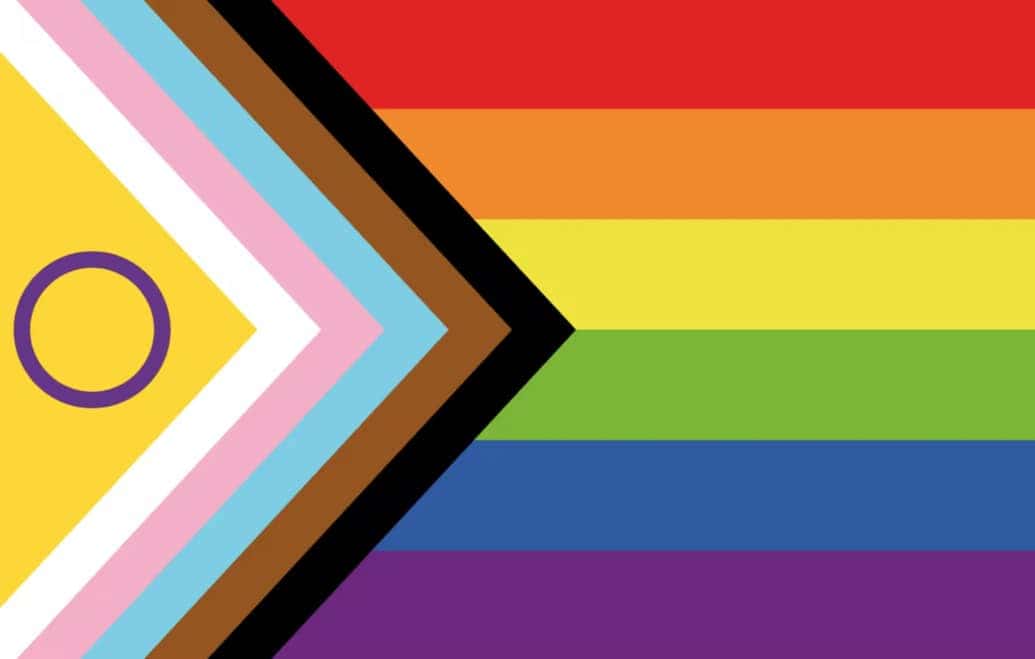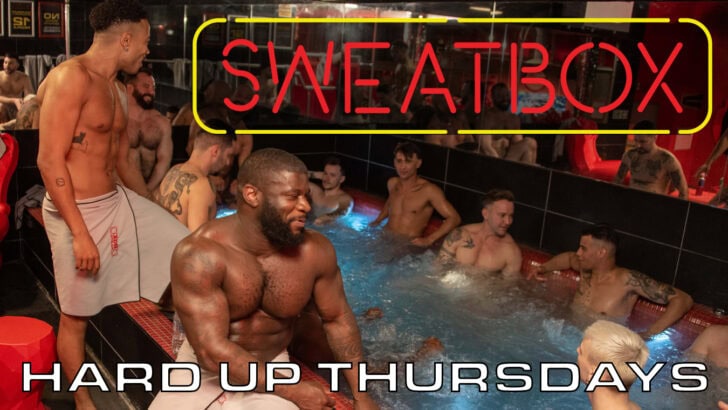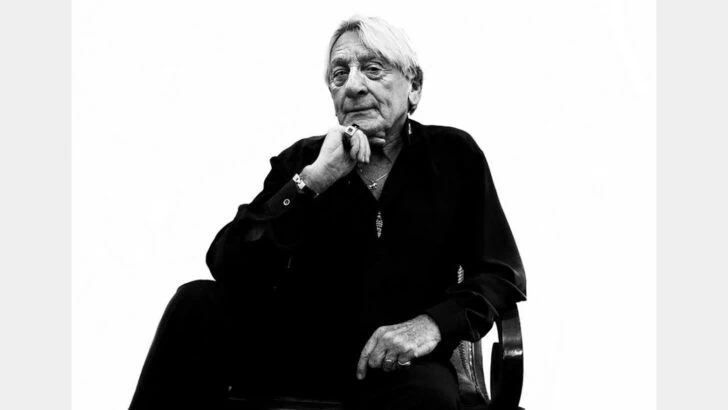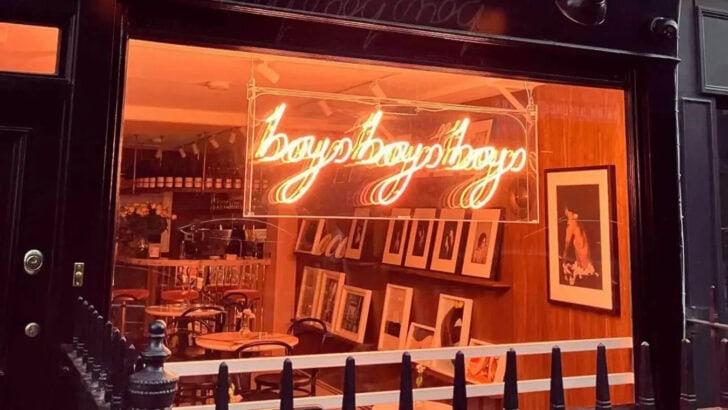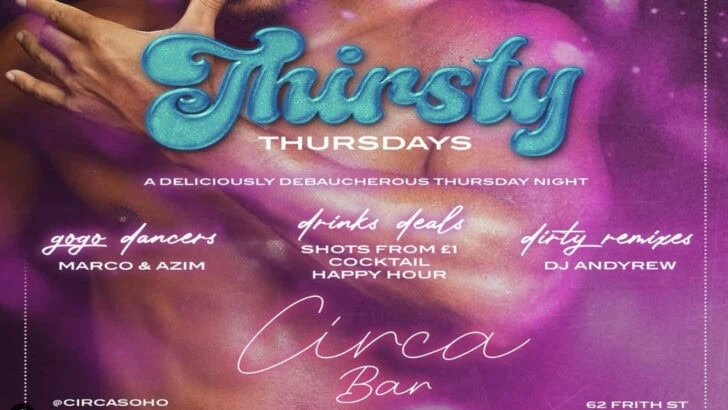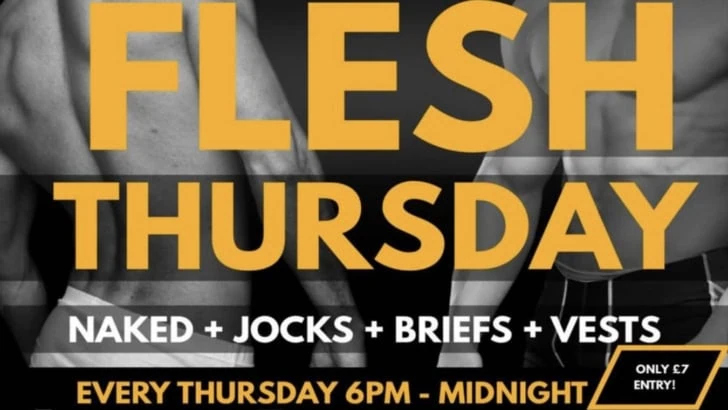QX analyses the sad, horrible story of Raymond Buys, a teenager brutally killed at a training camp
The above picture is of Raymond Buys, the 15-year-old who was allegedly beaten, starved and treated in grossly inhumane ways at the Echo Wild Games Rangers training camp in South Africa. When he was finally taken into hospital his parents were informed he had ‘virtually zero’ chance of survival, and he died two weeks later. According to witnesses at the camp, Buys was beaten with a shovel, chained to his bed and forced to eat washing powder and his own faeces, amongst other forms of humiliation and torture. His mother, Wilma Buys, is reported as having said she sent him to the camp in order to make him ‘a better man’.
Now course manager Alex de Koker, 49, and his employee Michael Erasmus, 20, are on trial for murder, child abuse, neglect and assault with intent to cause serious physical injury, charges for which they are pleading non guilty. What has emerged during the course of the trial though is that Raymond Buys is not the first teenager to have died at this camp, and neither is this the first time De Koker has stood trial for a young man’s death placed under his charge.
In 2007 both 18-year-old Erich Calitz and 19-year-old Nicholas van der Walt died at the same training camp. Calitz was said to have died from ‘severe brain injuries’ and van der Walt of a heart attack. De Koker was given a suspended sentence in Caltiz’ case in 2009 and escaped any charges over van der Walt’s death. He was allowed to carry on running his camp.
How?
Calitz’ sister relates that when her brother requested to leave the camp, De Koker reputedly told him he ‘wasn’t a moffie [gay] and he would make a man out of him’, a quote much picked up upon by commentators on the web. It’s even lead many media outlets to refer to all three boys as gay in their headlines, although there is no specific evidence available to suggest they were homosexual.
An article by LGBT activist Melanie Nathan building upon this quote, entitled ‘Man Up or Die’, appears to be mostly responsible for the story’s prominent presence in LGBT press. Nathan writes that ‘with a little bit of digging, the gay reparative undertones would start to emerge… the idea of the camp is to apparently make men of teens and to ‘cure’ “’feminine traits’ in male youths”… in this instance that therapy involved “beating the gay out of the kid”.’
In the interests of journalistic integrity it should be pointed out here that Nathan does not substantiate her quotes that have created a furore across global gay media. However, combined with the homophobic quote attributed to De Koker, it seems highly likely that her viewpoint does have credence as to the truth of the matter. Consistently young men in countries across the globe are held up to an archetype of what masculinity should be: strong, dominant, muscular, a fighter, fearless. Almost humorously, having a tight control on ‘feminised’ characteristics, which actually translate as human characteristics such as emotions and passions, is esteemed.
Perhaps it is, in part, these ideas that allowed De Koker to walk free from court in 2009 and carry on his camp. All other reports on this story indicate that South Africa still carries a very patriarchal culture at its heart: if the judge in the court carried a similar idea to De Koker of what a man should be it may have influenced his decision to hand down a suspended sentence. Whether these boys were homosexual or not, any effeminacy that could be read as a sign of homosexuality, and therefore weakness, was not part of the strong men De Koker’s camp was claiming to train. It was the sad truth that this training was in fact a situation for indulging the very worst in the sadism and brutality of human nature.
